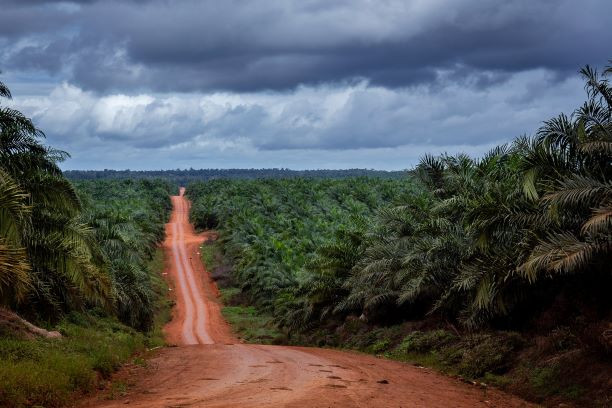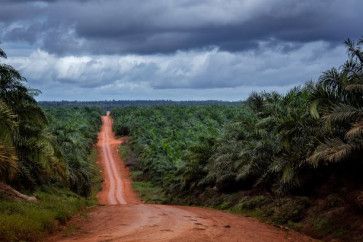Popular Reads
Top Results
Can't find what you're looking for?
View all search resultsPopular Reads
Top Results
Can't find what you're looking for?
View all search resultsAmnesty for illegal palm plantations sets bad precedent, experts warn
Experts say legalizing some 3.3 million hectares of illegal oil palm plantations will set a bad precedent for the country's law enforcement and might result in continued violations in the future.
Change text size
Gift Premium Articles
to Anyone
T
he government is expected to grant an amnesty to the owners, mostly large corporations, of some 3.3 million hectares of illegal oil palm plantations located in forest areas, as analysts condemn the move as a bad precedent that will incentivize future violations.
Coordinating Maritime Affairs and Investment Minister Luhut Pandjaitan described the move as unavoidable and said there was not much the state could do about the illegal plantations.
Instead, he gave an assurance that giving the amnesty to the firms would help enforce compliance and transparency from production to taxation.
“Palm plantations located in the forests will be pardoned. What else is there to do? It’s impossible to remove them that’s why they will be legalized,” said Luhut, as quoted by Kompas.
Indonesia has a total of 16.8 million ha of oil palm plantations, with over 61 percent of these owned by corporations, while the rest belongs to smallholder farmers, according to the Development Finance Comptroller (BPKP).
The amount of illegal plantations located in forest areas due to be amnestied by the government comprises around 20 percent of the total.
The decision came shortly after the government formed a palm oil task force in mid-April, with its steering committee chaired by Luhut.


















